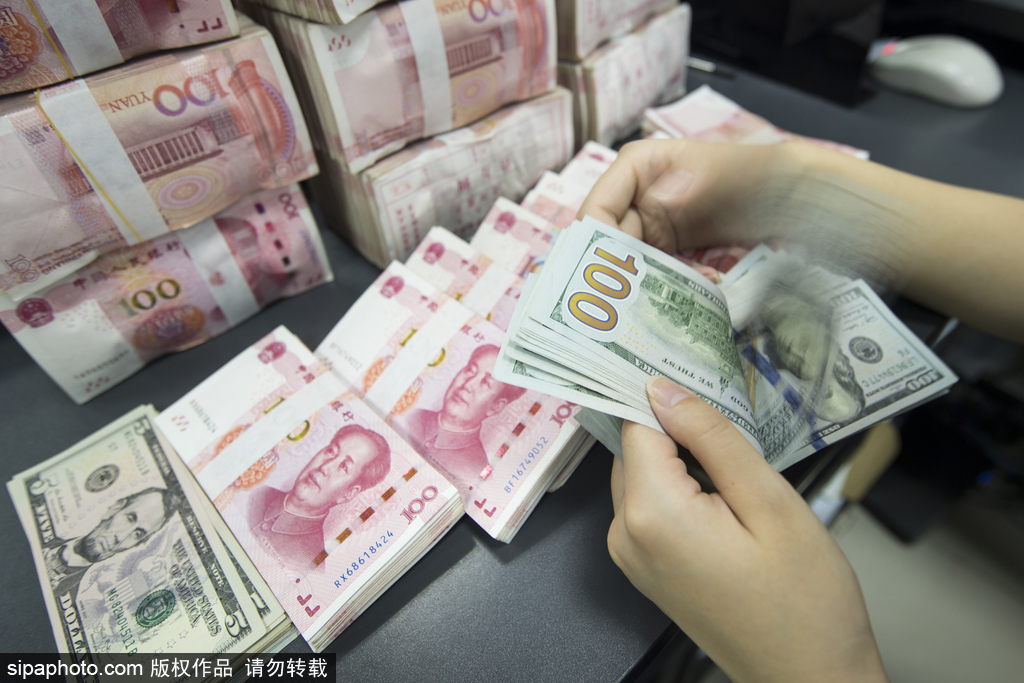Moves to curb local govt debt risks should be cautious, targeted
By Liu Xiaoguang | China Daily | Updated: 2023-08-07 09:45

The urgency of effectively preventing and resolving local government debt risks has been highlighted by many top meetings so far this year. Before going deeper into discussions about tools needed to accomplish this mission, it is advisable to look at the issue from a broader-vantage point and think about solutions with due consideration paid to China's current economic conditions.
The economy began to recover after the three-year COVID-19 pandemic, but not sufficiently at present. In addition, the economy is now at a cyclical low point if seen from the perspective of an economic cycle, and is still far from its full potential growth track if seen over the long term.
It is a critical period for the economy, which just emerged from the gloomy pandemic phase into a fledgling recovery stage. Describing it as a critical period is to say that it's not only a period that matters to whether the pace of recovery can gather more momentum, but also one that will likely see various potential risks, such as declines in local land transfer income, which has damaged property financing in many places nationwide, resulting in headaches in balancing fiscal revenues and expenditures in many places.
Furthermore, lower land transfer revenue has led to lower-than-expected revenue of local government funds, affecting the strength of fiscal policy in the first half of the year, which was far below the budget target set at the beginning of the year, when government expenditure was expected to grow by 6 percent on the back of a forecast of a slight increase in fiscal revenue.
But the actual result is that fiscal revenue fell by 15 percent in the first five months, while government expenditure decreased by 12.7 percent year-on-year. Public spending growth was only 0.6 percent during the period — a number far from the budget target of 6 percent set at the beginning of the year. As for the moderate economic recovery in the first half, weaker-than-expected fiscal policy should be counted as one of the reasons behind it.
The nation's recovery, as we see it, will go through different stages, and it is imperative to guarantee that stage-wise transition is completed as smoothly as possible. The restorative growth in the first half was mainly the result of a return of social order and regular business transactions, and the next stage will be a repair of balance sheets, and then a return to normal growth in the final stage.
China is currently in the midst of such a stage-wise transition, with an economic recovery trend seen since the beginning of this year. And for this year, as a critical period for the recovery of the nation's economy, a lack of macro policy strength, or an early reversal of such policies, may undermine this recovery trend.
As for the macroeconomy, weighed down by government debt, fiscal policymakers are showing some desire to tighten policy and even pull back on measures prematurely. But it should be noted that this year, whether for sustainable development of government debt or risk prevention, the government should avoid sharp policy tightening or earlier-than-advised retreats, as such moves may trigger more severe situations than those related to government debt risk.
There were such lessons not so long ago. In 2021, with a low base seen in the previous year, China recorded a high growth rate in the first half of 2021, which exceeded the annual target. But then macro policy was comprehensively tightened from the middle of the year, with policies intensively launched to deal with a potential overheating economy. This, as a result, led to a sharp turn for the worse in the economic situation that year, with the economy facing the triple pressure of demand contraction, supply shocks and weakening expectations amid an increasingly complicated external environment.
Also, due to the tight grip over government debt to prevent risks, local governments, as well as enterprises and households, are shifting focus to repairing balance sheets, which is obviously not conducive to economic recovery. The government's balance sheet repair must be followed by the repair of corporate and household balance sheets to help the macroeconomy return to its potential growth track as soon as possible.
As a matter of fact, over the past three years, apart from household finances, which did not increase leveraging levels significantly, debt levels among companies — excluding urban investment firms and local government financing vehicles — actually declined. Against such a backdrop, the government is the only entity that can, if it is willing, of course, increase leverage ratios. The central government is somewhat less willing to accumulate more debt, thus making local governments the major mover in potentially increasing leverage ratios.
The writer is an associate professor at the National Academy of Development and Strategy, the Renmin University of China, and a primary member of the China Macroeconomy Forum, a think tank. This article is a translation of his speech at a forum held by the CMF.
The views don't necessarily reflect those of China Daily.
























